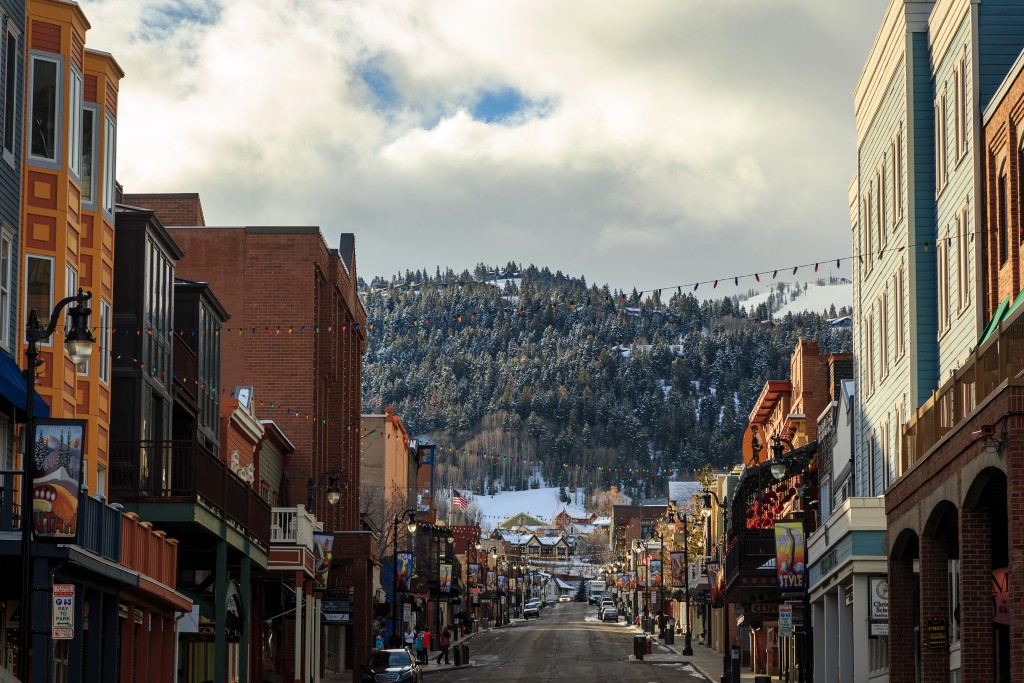Although Utah is home to some of the healthiest people in the nation, it also has the highest rates of skin cancer and melanoma in the country. This could be because of Utah’s elevation and topography, which can exacerbate certain factors that can lead to skin problems, most of which you can avoid with a bit of care and a proper skin regimen.
Harmful UV Rays
Utah’s outdoor culture is one of the reasons its residents are some of the healthiest in the nation, but it’s also one of the reasons for the state’s soaring skin cancer rates. The Utahn’s love of the outdoors, compounded with the state’s elevation, makes them vulnerable to harmful Ultraviolet (UV) radiation. The higher the elevation, the higher the concentrations of UV. Salt Lake City (at 4,000 feet of elevation) is exposed to 24-28 percent higher concentrations of UV compared to someone standing at sea level. Likewise, people living in Park City are exposed to 42-50 percent more UV.
Protective clothing like hats and long sleeve shirts offer a bit of protection, or you can bring along a dark-colored umbrella to shield yourself from UV in particularly sunny days. Sunblock is a must when going outside, but note that they only last for a couple of hours. If you’re worried, schedule a trip to a trusted dermatologist in Salt Lake City or any major metropolitan area. Skin cancer and melanomas are 100 percent curable if detected early.
Polluting Particulates

Particulates from pollutants can block your pores, leading to acne breakouts which can leave some scarring if you’re not careful. These tiny materials in the air can irritate your skin, causing rashes and eczema. They can even penetrate through your skin and directly damage lipids and your collagen, which gives your skin flexibility and firmness. Once collagen levels fall, your skin will start to crack and sag.
You can avoid this by making sure to take a thorough bath after coming home from work or school. The longer the grime and particulates stay on your skin, the more damaging they can be. Use facial wash to wipe off the day’s pollution and grime but make sure to use only mild exfoliants. Check the air quality index for pollutants every day and try to postpone unnecessary tasks until the air clears up.
Dry Air and Elevation
Elevation comes with thinner and drier air, which make your skin more prone to wrinkling and cracking. While the dry air directly affects your skin, the thinner air could also lead to dehydration. Thinner air makes you breathe faster, which increasing your water loss. Elevation will also make you go to the restroom more frequently while also suppressing feelings of thirst. Without moisture and enough water intake, your skin will start to dry and crack.
Make sure to drink a lot of water throughout the day. Cream-based moisturizers during bedtime should also be a part of your nighttime routine. If the day is particularly arid, bring a mist spray to work and whenever you step outdoors. Air conditioning can keep your house cool, but it won’t do a thing about the dry air. Purchase a swamp cooler if you want to humidify your home.

